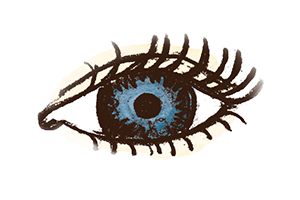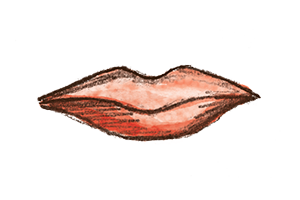What are sexual behaviour problems?
Sexual behaviour problems are behaviours of a sexual nature that are considered inappropriate to a child’s age and developmental stage. They may be harmful to the child themselves or to other children involved.
Services provided to children under 12 who have sexual behaviour problems
Sexual behaviour problems are behaviours of a sexual nature that are considered inappropriate to a child’s age and developmental stage. They may be harmful to the child themselves or to other children involved.


Sexual exploration is a healthy behaviour that can help the child learn who they are, what they feel and who they like. Behaviours are healthy when they happen between children of the same age group, cause pleasurable sensations and emotions, and satisfy curiosity, exploration or pleasure-seeking.
Some indicators can help determine whether a behaviour is problematic:



A child who:

A child who:

A child who:
Maybe because …


Because…


To make sure to meet the needs of children, the assessment aims to:


The treatment provided to children rests on a cognitive-behavioural approach focused on sexual behaviour management and parent-child communication.
The treatment helps children to:

